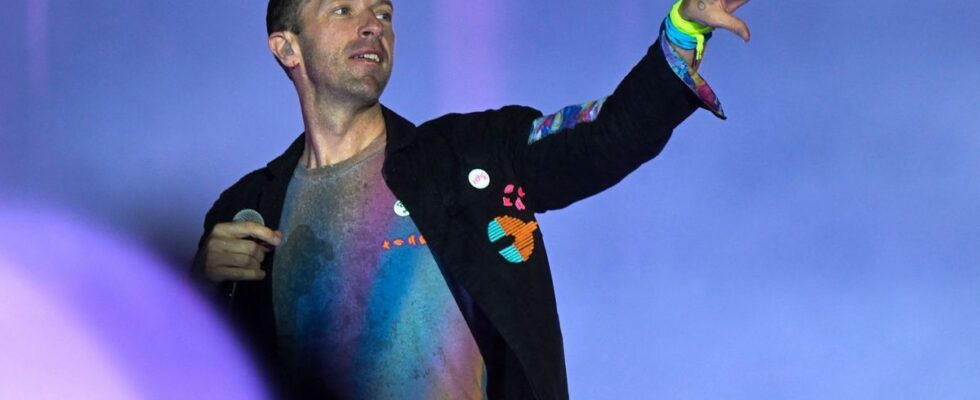Published on
Updated
Reading 2 min.
People with deafness can also experience the unique experience that concerts offer. And this is the bet that the music industry supports. Artists, venues and musical events all advocate inclusivity and adapt according to the needs of each individual.
On June 9, at the Olympic Stadium in Athens, the band Coldplay made its concert more inclusive and accessible for people with deafness. video of a hearing-impaired man experiencing the concert, in the middle of the crowd, particularly moved Internet users on Instagram.
It shows an elderly man who had never had the chance to attend a concert before. With a smile on his face and bright eyes, this Coldplay fan touched many online viewers, who praised the group’s initiative.
Through technological innovations and initiatives, artists like Coldplay aim to make the musical experience accessible to everyone, including those with hearing and visual impairments.
At the forefront of this evolution are devices such as vibrating vests and sparkling bracelets, designed to allow deaf spectators to physically feel the music. The Subpac jackets (proposed at Coldplay concerts), developed by a Canadian company, capture sound vibrations and transcribe them into tactile sensations. With their advanced technology, the vibrations simultaneously reach the epidermis, the muscles and pass through the bones until they reach the inner ear. A unique sensory immersion that allows everyone to enjoy the concert.
This innovative approach is not entirely pioneering, with examples such as “chansigne”, where sign language interpreters capture not only the lyrics but also the emotional energy of songs. This practice was widely praised on social media during the performance of Rihanna at Super Bowl 2023during which the interpreter, Justina Milesperfectly transcribes the mood of the song sung by the Barbadian.
In France, artists like Angèle, Matt Pokora or Soprano have also committed to making their concerts accessible to the hearing impaired. While Angèle has already experimented with vibrating vests during her concerts, the other two artists choose to have their songs translated into sign language during their shows.
In addition to artists, cultural hubs promote inclusivity. Twin Sisters Festival in Rochefort is particularly committed to an accessible cultural offering for deaf people. On June 27, the concert by rapper MC Solaar was sung by LSF interpreters and offered free vibrating vests. Similarly, for the Nîmes Theatre which provides various equipment, including individual headphones, sound amplification and vibrating vests, which can be reserved before the start of performances. Proof that music is for everyone, and this is what the Philharmonie de Paris has also been working to develop since its opening in 2015.
Beyond concerts, this inclusive approach is gaining ground in other musical, cultural and sporting events, such as the upcoming Olympic Games, where new technologies will be used to allow the visually impaired and hearing impaired to fully share the emotion of the moment.
